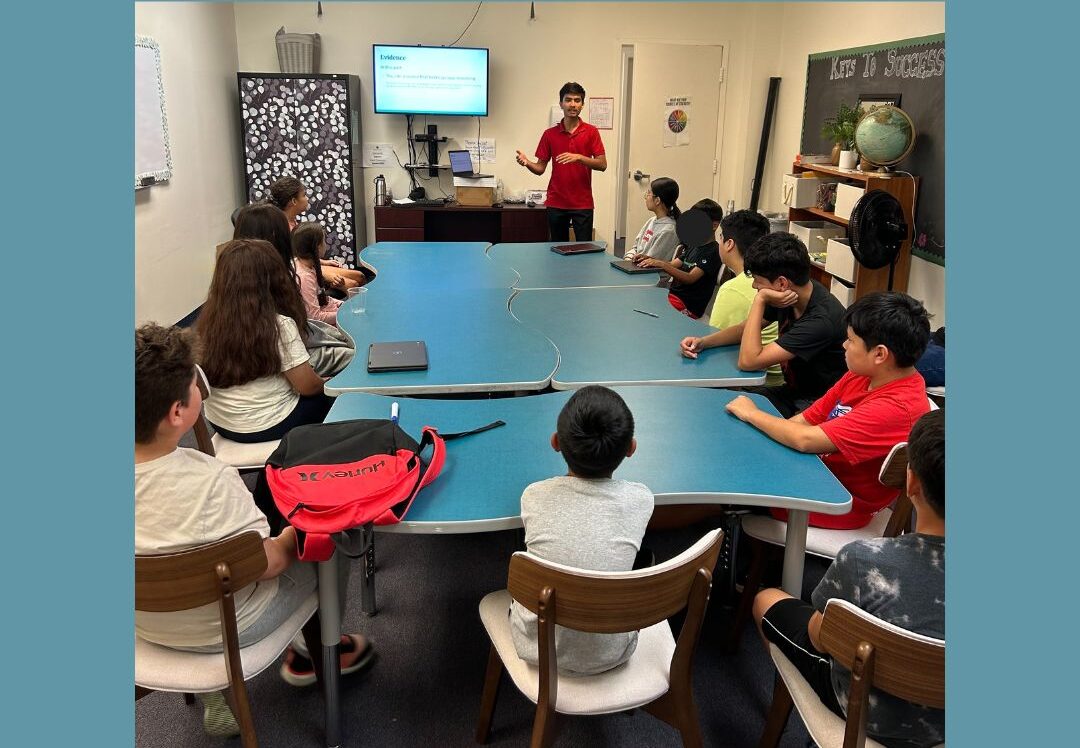I ran past the judge, burying my tear-stained face in my hands, to the bathroom, where I slumped in front of the mirror, crying. I hated debate. Debate made me feel vulnerable and exposed in front of the hypocritical and harsh world. I wanted to quit. I regretted ever joining: a shy 5th grader was no match for experienced debaters.
Debate as an activity has a lot of problems. There is an extremely high entry fee for debaters as coaching, tournaments, and prep all are only available at high premiums. Debaters with accents, women, people of color, are often discriminated against, and at the highest levels of debate—prestigious and selective tournaments such as the Tournament of Champions—most debaters are white males. It was difficult to continue as a woman of color who learned English as a second language.
Five years have passed since I began debate. I had switched debate formats three times, changed teams six times, and entered a new school. Through everything, debate has been my common link, but I felt isolated in a community that was so different from me.
In January of 2024, I discovered Debate Minds. The CEO, Eric Zhou, an extroverted and enterprising junior, invited me to judge a tournament DebateMinds was hosting for an all-girls school in Taiwan. Eric, like I, spoke English as a second language. Furthermore, he had immigrated to the United States in the 3rd grade. At first, he was shy and struggled to make friends in the US, and most importantly, could not find his own voice, until he discovered debate. After participating in speech and debate, he explained how his confidence increased significantly and was able to use his debate skills to advocate for himself. Eric founded Debate Minds to share his love for debate and help others going through similar experiences.
I instantly saw the impact Debate Minds had on its students: with proper guidance, students are encouraged to master public speaking, especially for underprivileged students, who often lack a voice of their own. The typical stunted retention rate for lower-income and POC students was nonexistent. Eric’s carefully curated structure—free tournament registration for students, low and no-cost coaching, and partnerships with nonprofits—had created a supportive and scholastic community.
Most significantly, Debate Minds commitment to empowering immigrants and ESL speakers stood out. Debate Minds partners with schools in countries such as Taiwan and Guatemala to teach students debate—and English. Furthermore, through partnerships with nonprofits such as Sheppard Pratt, DebateMinds educates new immigrants to the United States. I began to recognize the importance of debate not only for competition but to build confidence. Students learned how to efficiently advocate for themselves and fight for what they believed in, while practicing their English speaking skills. When students learn debate, they develop public speaking skills that are essential for navigating through life’s experiences. For POC and low-income students, these advocacy skills build the foundation for social mobility, helping minorities to enhance their job prospects.
My only question was: How can I get involved?
Since my joining, Debate Minds has educated 550 students and even won the University of District Columbia Entrepreneurship Contest. We aim to expand our reach further, impacting students from all around the world. Together, we can make the world a more equitable place.








